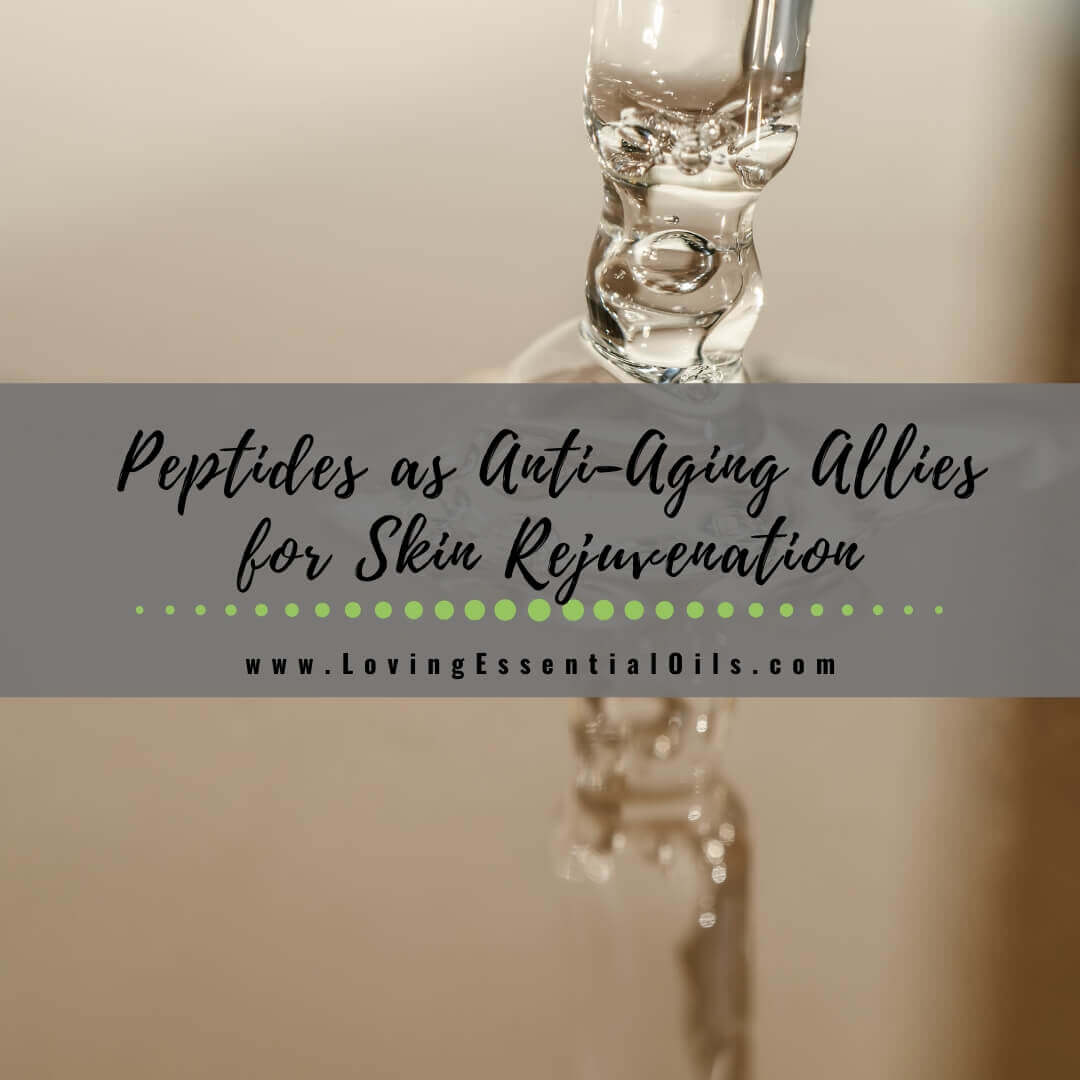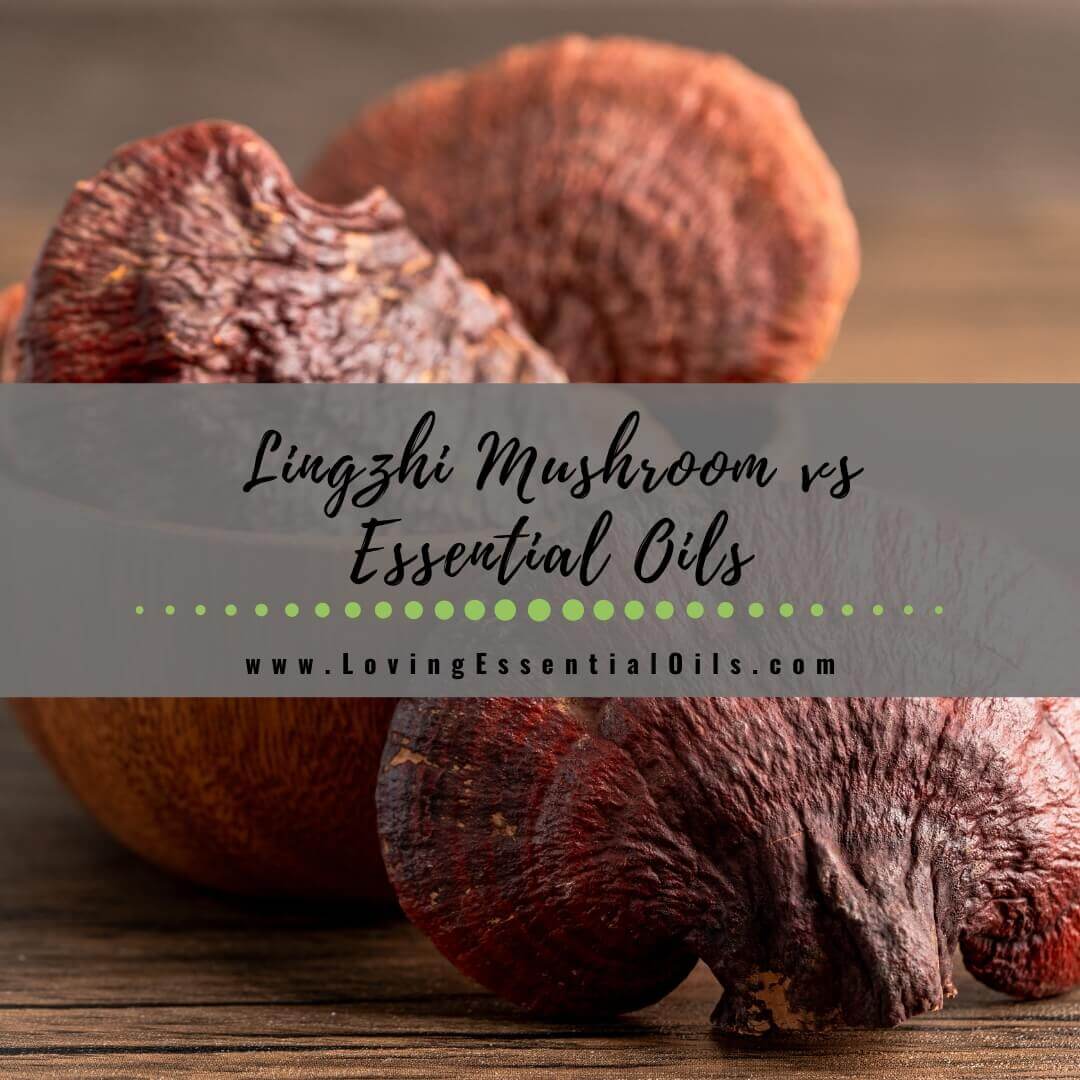It seems like every few months there’s a big new trend in skin care, promising to refresh your appearance and revitalize your self-confidence. Often these trends prove to be little more than temporary fads, but in some cases they have some real staying power.
The use of peptide therapy may be one of the rare skincare trends that withstands the test of time. There are a few reasons for this. One, the anti-aging effects that peptide proponents claim are actually pretty well vetted by the scientific community. Research has shown that peptides really can yield a lot of positive physical effects.
Additionally, peptides are naturally occuring; in fact, there are peptides in your skin already! As such, harnessing their healing potential in the form of supplements or topical solutions feels like a no-brainer.
But what are peptides, exactly, and what kinds of anti-aging effects should you expect from them? Let’s take a closer look.
Peptides 101
At the biological level, a peptide is simply a chain of amino acids. There are countless peptides that occur in the natural world, including peptides made in the human body and peptides that are found in our everyday food and drink.
Scientists have long looked to peptides for their healing potential, even suggesting that peptides may hold the cure to Parkinson’s disease or provide serious relief to chronic arthritis sufferers.
Peptides have proven so promising, in fact, that companies have started synthesizing them. One of the most common examples of this is a peptide called BPC 157, which doesn’t actually occur in the human body but is derived from human gastric juices, making it a safe, holistic, and biocompatible way to accelerate tendon and muscle healing. This is just one of many readily available options for those looking to buy peptides online.
Peptides and Skin Care
So where does skin care factor into all of this?
You’ve probably heard of collagen. In case you haven’t, collagen is naturally produced by your body, and it’s closely linked with having tight, youthful skin and a radiant complexion. Our natural collagen production tends to drop off as we age, which is why our skin becomes more lax.
In other words, a decrease in collagen is one of the main contributors to wrinkles, fine lines, sagging skin, and more. That’s why so many anti-aging products specifically promote themselves as collagen boosters. (Of course, some are more effective than others in this regard.)
Collagen is actually composed of three specific peptides. In other words, there’s a lot of credibility to the notion that you could apply peptide therapies to the skin in order to cultivate additional collagen production. And by doing so, it may result in skin that is firmer, more youthful, brighter in its appearance, and more.
What Does Science Say?
This isn’t just a theory. There has already been plenty of clinical research into the application of BPC 157 and other peptides for skin care and general anti-aging applications.
For example, one study supports the use of BPC 157 for the healing of severe burns. The rationale? BPC 157 has been linked to considerable spikes in collagen production. It stands to reason that the same therapeutic effects may be available to those who haven’t sustained burns, but simply want to look and feel more youthful.
More generally, scientists have confirmed that peptide therapy may help to mimic natural collagen production, contributing to tissue regeneration and to a number of anti-aging effects.
Harness Peptide Power for Anti-Aging Effects
There are plenty of anti-aging skincare products out there, some more promising than others. Peptide therapy is definitely one of the more exciting treatments to come along in a good while.
Consider talking with your doctor or skin care provider about incorporating peptide-based products into your daily routine.
Author Bio
Amanda E. Clark is a contributing writer to Paradigm Peptides. She has experience in writing about health and supplements topics.
References
Huang, T., Zhang, K., Sun, L., Xue, X., Zhang, C., Shu, Z., Mu, N., Gu, J., Zhang, W., Wang, Y., Zhang, Y., & Zhang, W. (2015). Body protective compound-157 enhances alkali-burn wound healing in vivo and promotes proliferation, migration, and angiogenesis in vitro. Drug Design, Development and Therapy, 9, 2485 - 2499. https://doi.org/10.2147/DDDT.S82030.
Luo, J., & Tong, Y. (2011). Self-assembly of collagen-mimetic peptide amphiphiles into biofunctional nanofiber. ACS nano, 5 10, 7739-47. https://doi.org/10.1021/nn202822f.








